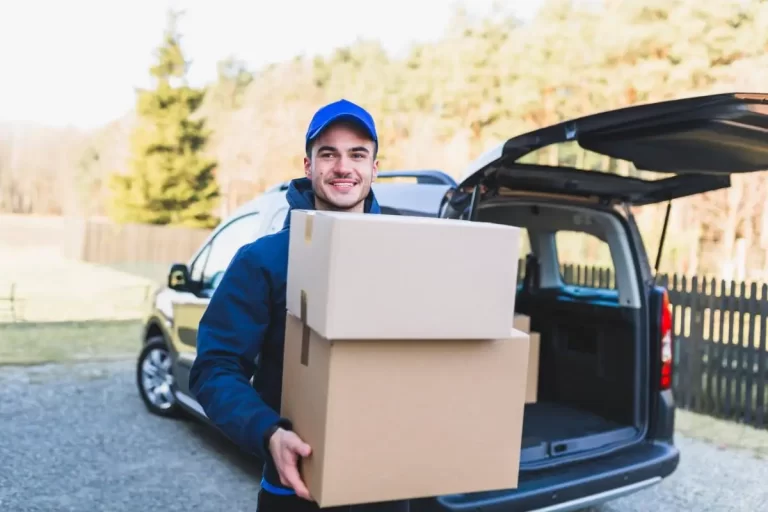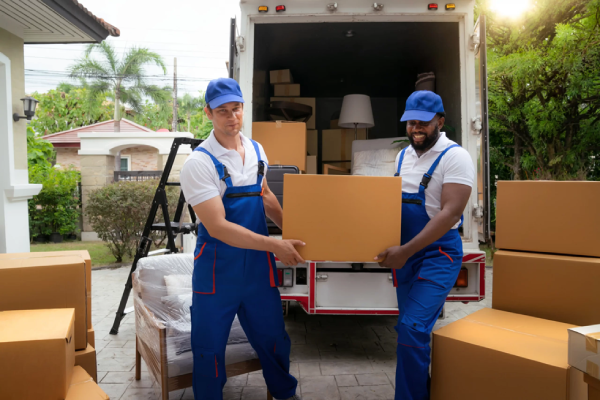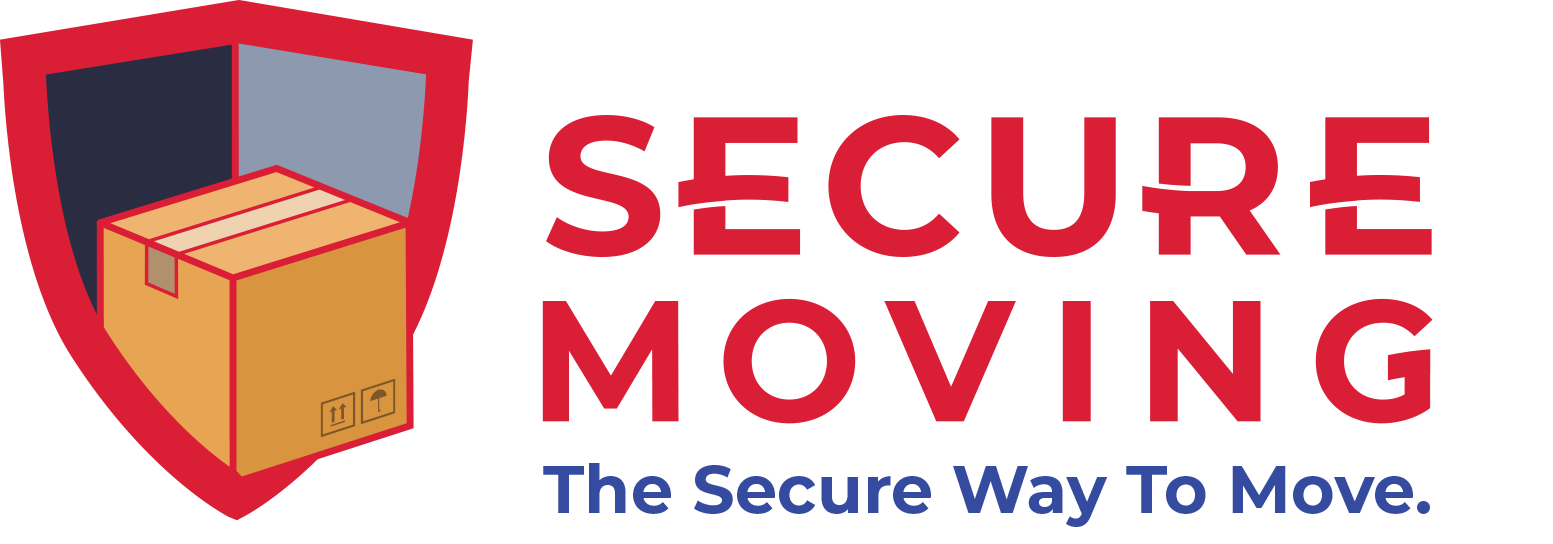Introduction
Moving across the country is a big adventure, full of excitement and new beginnings. But it also presents a unique set of difficulties. To make your move as smooth as possible, proper preparation is key. This guide will walk you through the most important things to know before moving across country, helping you plan and organize every step of the way.

II. Research and Planning
Budgeting for the Move
One of the first things to know before moving across country is the importance of creating a detailed budget. Cross-country moves can be expensive, so it’s crucial to plan for all potential costs. Consider the following expenses:
- Packing supplies (boxes, tape, bubble wrap)
- Moving company fees
- Travel expenses (gas, meals, hotel stays if driving)
- Temporary accommodation if your new home isn’t ready
- Utility setup fees at your new home
Having a clear budget will help you manage your money better and avoid surprises along the way.
Researching and Selecting a Moving Company
Choosing a reliable moving company is one of the most critical things to know before moving across country. A trustworthy company will simplify the entire process and reduce your stress. Start by researching different companies, reading customer reviews, and obtaining quotes. Ensure the company is licensed and insured to protect your belongings throughout the move.
Creating a Moving Timeline
A moving timeline is like a roadmap for your move. It helps you stay organized and ensures that you don’t forget anything important. Start planning at least two months before your move. Break down your tasks week by week, such as:
- Deciding what to pack and when
- Notifying your landlord, utility companies, and other important contacts
- Co-ordinating the utilities’ disconnect and reconnect
By following a timeline, you’ll avoid last-minute stress and ensure everything is done on time.
III. Decluttering and Downsizing
Sorting Through Belongings
Before you start packing, take some time to go through all your belongings. Moving is a great opportunity to declutter and only take what you really need or love. Sort your items into three categories:
- Keep: Items you want to bring to your new home.
- Sell: Things you no longer require yet are in good shape.
- Donate: Items that you no longer need but could benefit someone else.
Decluttering will make packing easier and help you save on moving costs since you’ll have fewer items to move.
Selling or Donating Unwanted Items
Once you’ve sorted your belongings, consider selling some of the items you no longer need. You can use online marketplaces like Craigslist or Facebook Marketplace or hold a garage sale. Donating items to local charities is another great option. Not only will this help others, but it will also reduce the amount of stuff you need to pack.
Organizing and Packing for the Move
When you start packing, it’s important to stay organized. Pack your items by category or room, and use high-quality packing materials to keep everything safe during the move. Label all your boxes clearly, so you know what’s inside each one and where it belongs in your new home. Keeping an inventory of what you’ve packed will help you keep track of your belongings.
IV. Packing for a Cross-Country Move
Gathering Necessary Packing Supplies
Having the right packing supplies on hand will make the packing process much easier. Stock up on:
- Sturdy boxes in various sizes
- Bubble wrap and packing paper for fragile items
- Packing tape to securely seal your boxes
- Markers for labeling
Having these supplies ready will help protect your belongings and make unpacking easier when you arrive.
Packing Room by Room
To stay organized, pack one room at a time. Start with items you don’t use often, such as seasonal decorations or extra bedding. Save everyday essentials, like kitchen items and toiletries, for last. This method will make unpacking more manageable and ensure you have everything you need in one place when you arrive.
Protecting Valuables and Fragile Items
Your valuable and fragile items need extra care when packing. Wrap these items in bubble wrap or packing paper and place them in sturdy boxes with plenty of padding. Clearly label these boxes as “fragile” to ensure they are handled with care during the move.
V. Logistics and Coordination
Updating Important Documents and Addresses
When moving across the country, it’s important to update your address with all the necessary parties. This includes:
- The post office (for mail forwarding)
- Banks and credit card companies
- Insurance providers
- Any subscriptions or services you use
Updating your address will ensure that you continue to receive important mail and services at your new home.
Coordinating with Movers
Stay in regular contact with your moving company to confirm all the details of your move. Make sure they have all the information they need, such as any special instructions for handling certain items or accessing your new home. Good communication will help avoid any misunderstandings or delays on moving day.
Preparing for the Journey
Whether you’re driving or flying to your new home, make sure you’re well-prepared for the journey. If you’re driving, check that your vehicle is in good condition, and plan your route in advance. If you’re flying, book your tickets early and arrange for the transportation of your vehicle if needed. Planning ahead will help make the journey smoother and less stressful.
VI. Settling into Your New Home
Unpacking and Organizing
Once you arrive at your new home, start unpacking room by room, just like you packed. Begin with the essentials, like your kitchen and bedroom, so you can start feeling at home right away. Organize and furnish your new area gradually. Check off your inventory list to ensure everything has arrived safely.
Exploring Your New Area
Take some time to explore your new neighborhood. Find out where the nearest grocery stores, schools, and healthcare facilities are located. Getting to know your new area will help you settle in more comfortably and feel more at home.
Final Steps in the Moving Process
After unpacking, there are a few final tasks to complete:
- Set up utilities like electricity, water, and internet.
- Register your vehicle in your new state.
- Update your driver’s license with your new address.
Completing these tasks will help you fully transition to your new home and get settled in.
Conclusion
Moving across the country is a significant life event, but with the right preparation and planning, it can be a smooth and successful experience. By understanding these key things to know before moving across country, you’ll be well-prepared for your journey. Good luck with your move, and enjoy your new adventure!









